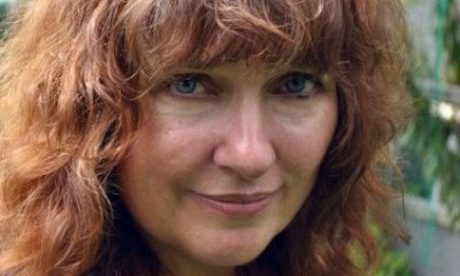Growing up in an evangelical Protestant family, I didn’t hear much about the Christian mystics. My religious background tended to equate mysticism with occult practices, overlooking the mystics’ real emphasis: a direct experience of God.
Yet, I sensed that the divine was a constant, companionable presence, someone who was simultaneously both within and all around me.
Then, in my 20s, I picked up a book about Julian of Norwich. In Julian, I felt as if I’d found a friend, someone wise and intelligent I could respect and admire.
She’d clearly thought so much more deeply about God than I ever had, and she had examined her own experiences with such care and thoroughness that I trusted the conclusions she reached. When she said God is intimately concerned with our lives, I believed her.
Since then, I’ve read and reread her account of her visions (her “showings,” as she called them), and each time I’ve felt I was getting to know her—and myself—a little better.
Though our lives are separated by centuries, she is my spiritual mentor. At each phase of my life, I have felt a new connection with her.
Though we don’t know many details about Julian’s life, what history does tell us is that by the time she was a young woman, three outbreaks of the plague had hit her community.
I’ve never experienced the extreme sorrow and trauma she must have, but as a young woman I was terrified of death—not my own, but others’. My older brother died when I was a teenager, and as a result I saw the world as a place of uncertainty and danger.
In Julian, though, I found an assurance I could trust. She didn’t claim that life would always be free of loss and sorrow; clearly, she knew how dark and terrible life can be—and yet she wrote with such joyful certainty: “All shall be well, and all shall be well, and all manner of things shall be well.” Continue reading
- Ellyn Sanna is the author of All Shall Be Well: A Modern-Language Version of the Revelation of Julian of Norwich.
